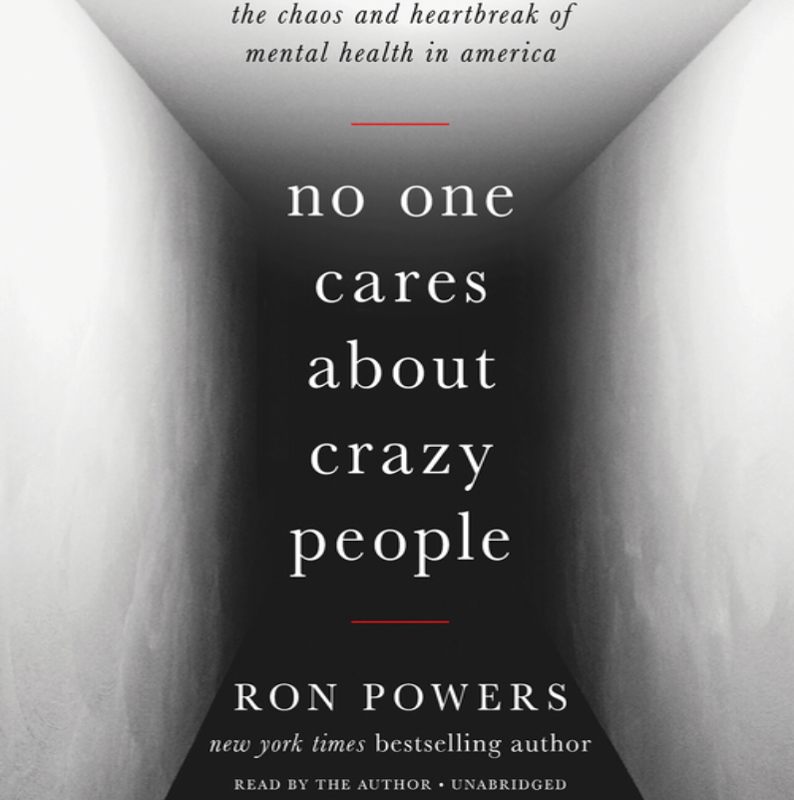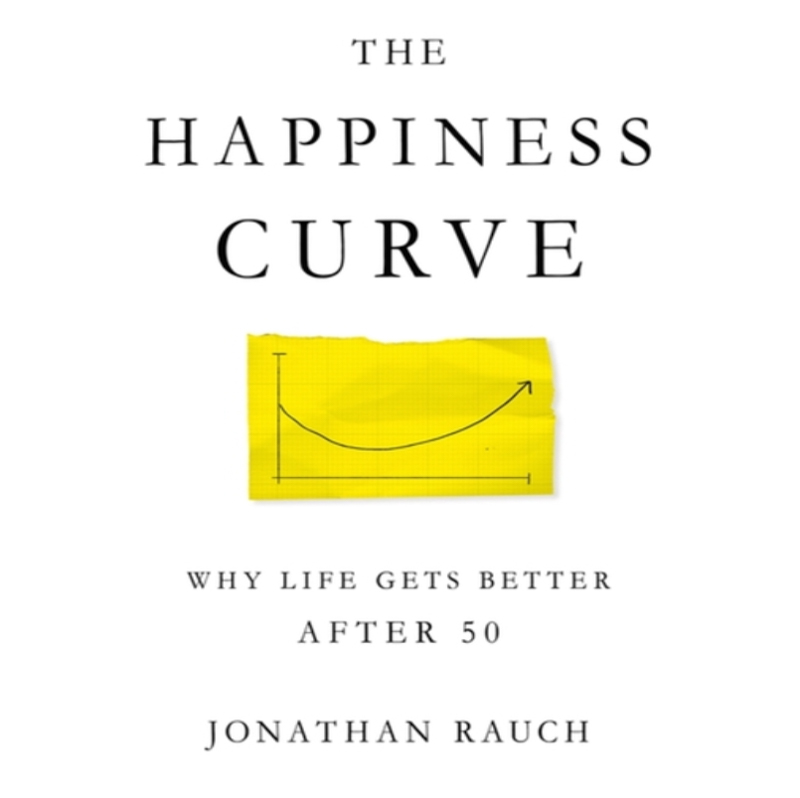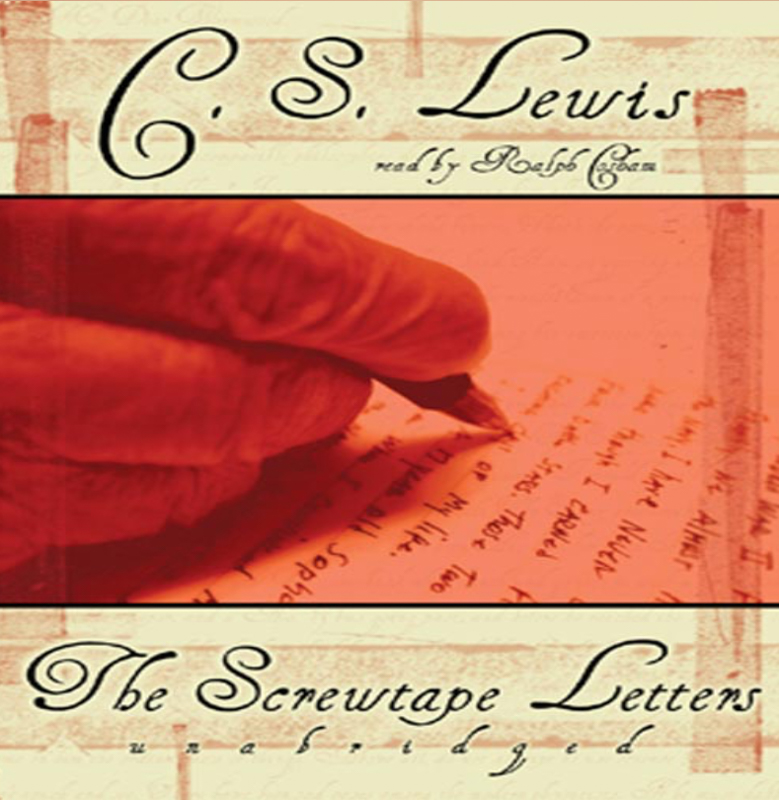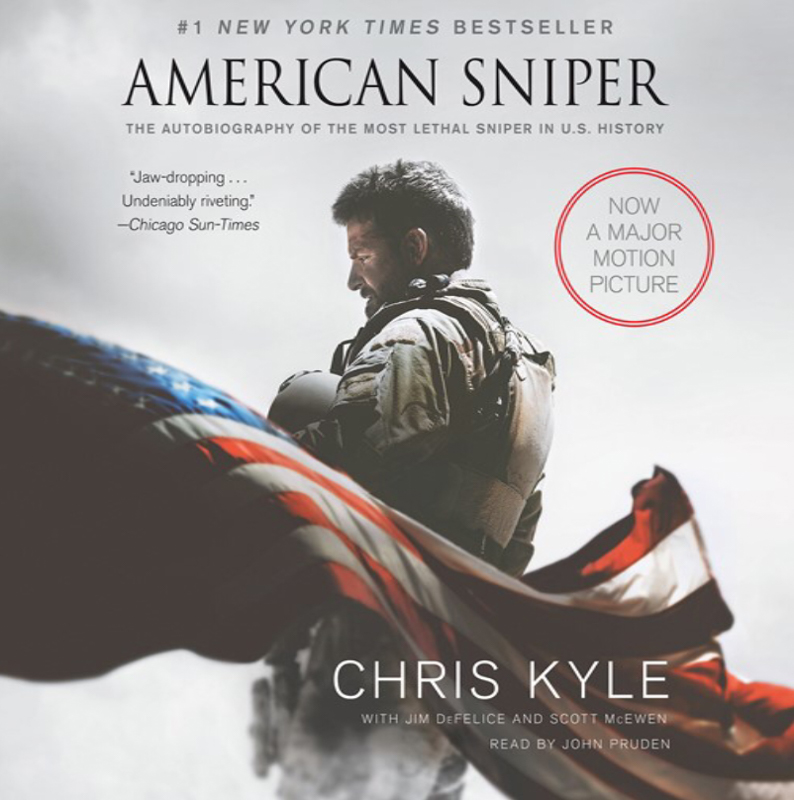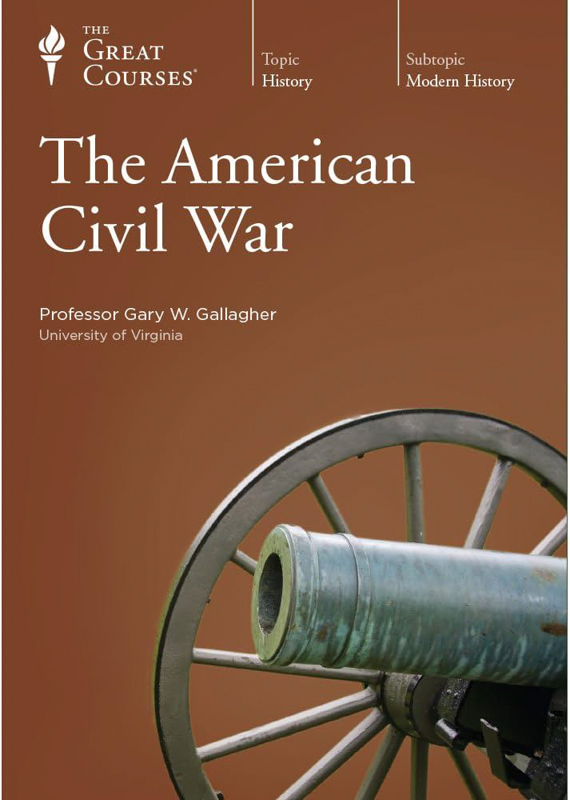Uncommon Type: Some Stories
Background
Uncommon Type is a collection of seventeen short stories written by actor Tom Hanks and published in 2017. Each story revolves around the theme of typewriters, but they cover a wide range of topics such as love, fame, relationships, and death.
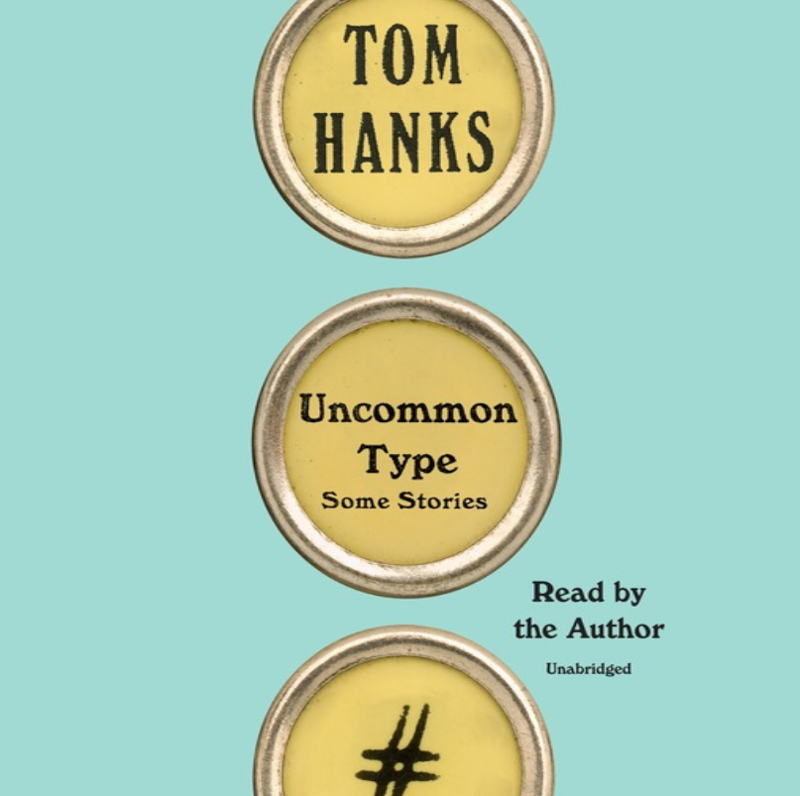
My Comments
I really enjoyed the book. The stories good down as an easy read and I found I didn’t get bored but would prefer to plow on. Each story is loosely connected by Mr. Hanks’ signature Americana feel. His clean cut, boy next door persona was contrasted by the strong language. For some reason, I wasn’t expecting that.
Also, throughout the stories, in a supporting role, was a typewriter. There was enough romancing of typewriters in this book, it almost made me want to go out and buy one. I did learn how to type on them but I was more than happy to give up the clack for the soft glow of a computer screen.
Recommendations
I believe if you like Tom Hanks, you will like the book. I love Tom Hanks and so I loved the book.
